Belgrade team chief defends agreements
Serbia has not made a single step toward recognizing Kosovo as independent, says Borislav Stefanović, who represents Belgrade in the ongoing Kosovo talks.
Monday, 04.07.2011.
11:19

Serbia has not made a single step toward recognizing Kosovo as independent, says Borislav Stefanovic, who represents Belgrade in the ongoing Kosovo talks. All solutions brought in Brussels respect that position, he told B92 TV late on Sunday. Belgrade team chief defends agreements Kosovo's ethnic Albanians unilaterally declared independence in early 2008, which Serbia rejected as an illegal act of secession. The agreements reached over the weekend in talks with the Kosovo Albanian representatives, and under the auspices of the EU, Stefanovic said, were solutions for practical problems of people in Kosovo, "above all for Serbs south of the Ibar River", he said, in reference to the area where Serbs live in isolated enclaves. In the north of the province, they form a majority that rejects the authority of the government in Pristina. The solutions that were reached, continued Stefanovic, in no way brought into question Serbia's position on Kosovo's independence declaration, which, he said, will remain unchanged. His comments came after the Pristina team head Edita Tahiri asserted the deals reached were "inter-state", and that Serbia was "on its way to recognize Kosovo". Stefanovic further said that independence can be recognized via a written agreement, a government decision or allowing Kosovo to join the UN, or if the Serbian president decided to meet with the Kosovo Albanian so-called "president". He rejected criticism coming from opposition parties, which believe that Kosovo's independence was recognized with the agreements. Stefanovic in particular said he was surprised that DSS leader and legal expert Vojislav Kostunica "can say something like that". Serbia will never stop taking care of its citizens in Kosovo, said Stefanovic, adding that the critics of the solutions advocating a status quo can only lead to the last Serb being escorted with music "at the Merdare border crossing". Some representatives of Serbs in Kosovo also reacted, including Radmila Trajkovic of the United Serb List. She welcomed the deals made, saying they were positive solutions, and believes that Serbia remained in positions defined regarding the UDI. The solutions which concern freedom of movement and exchange of birth registers were a compromise that will make the life of all residents of Kosovo easier, according to Trajkovic, who also said the talks sent a message to the people in the field that they are free to communicate. Milan Ivanovic of the Serb National Council of Northern Kosovo, however, rejected the agreements, to say they were made in the interest of ethnic Albanians, bringing no benefit to Serbs. Ivanovic also noted that agreements should primarily be made through compromise. A file photo of Stefanovic and Tahiri (Tanjug)
Belgrade team chief defends agreements
Kosovo's ethnic Albanians unilaterally declared independence in early 2008, which Serbia rejected as an illegal act of secession.The agreements reached over the weekend in talks with the Kosovo Albanian representatives, and under the auspices of the EU, Stefanović said, were solutions for practical problems of people in Kosovo, "above all for Serbs south of the Ibar River", he said, in reference to the area where Serbs live in isolated enclaves.
In the north of the province, they form a majority that rejects the authority of the government in Priština.
The solutions that were reached, continued Stefanović, in no way brought into question Serbia's position on Kosovo's independence declaration, which, he said, will remain unchanged.
His comments came after the Priština team head Edita Tahiri asserted the deals reached were "inter-state", and that Serbia was "on its way to recognize Kosovo".
Stefanović further said that independence can be recognized via a written agreement, a government decision or allowing Kosovo to join the UN, or if the Serbian president decided to meet with the Kosovo Albanian so-called "president".
He rejected criticism coming from opposition parties, which believe that Kosovo's independence was recognized with the agreements.
Stefanović in particular said he was surprised that DSS leader and legal expert Vojislav Koštunica "can say something like that".
Serbia will never stop taking care of its citizens in Kosovo, said Stefanović, adding that the critics of the solutions advocating a status quo can only lead to the last Serb being escorted with music "at the Merdare border crossing".
Some representatives of Serbs in Kosovo also reacted, including Radmila Trajković of the United Serb List.
She welcomed the deals made, saying they were positive solutions, and believes that Serbia remained in positions defined regarding the UDI.
The solutions which concern freedom of movement and exchange of birth registers were a compromise that will make the life of all residents of Kosovo easier, according to Trajković, who also said the talks sent a message to the people in the field that they are free to communicate.
Milan Ivanović of the Serb National Council of Northern Kosovo, however, rejected the agreements, to say they were made in the interest of ethnic Albanians, bringing no benefit to Serbs.
Ivanović also noted that agreements should primarily be made through compromise.












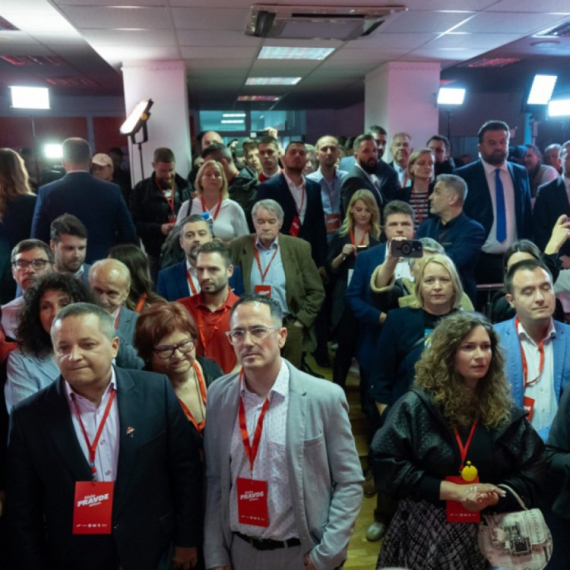
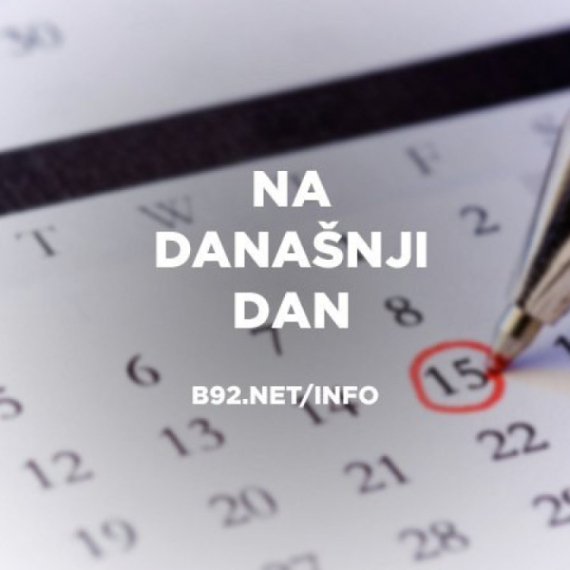
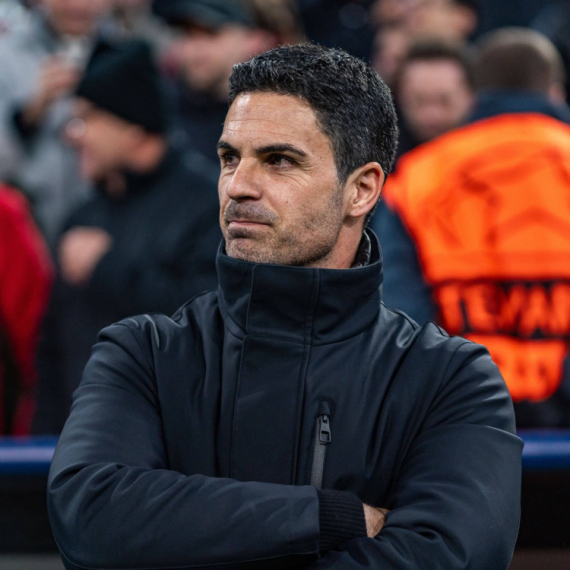
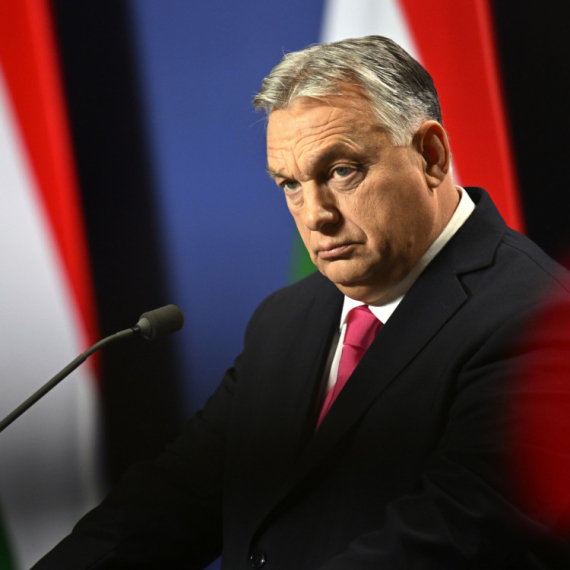
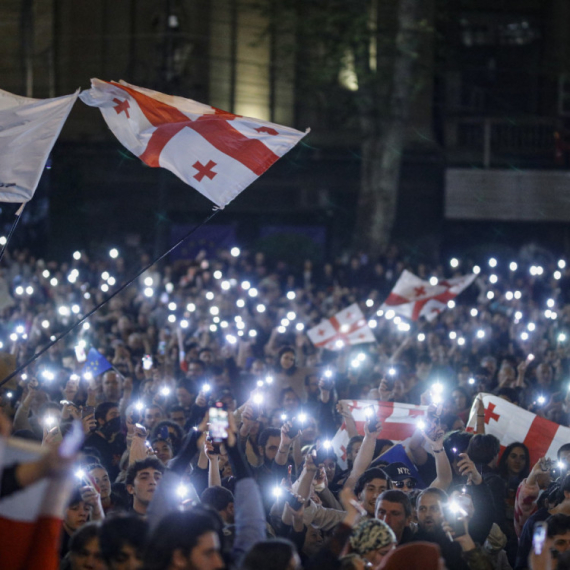

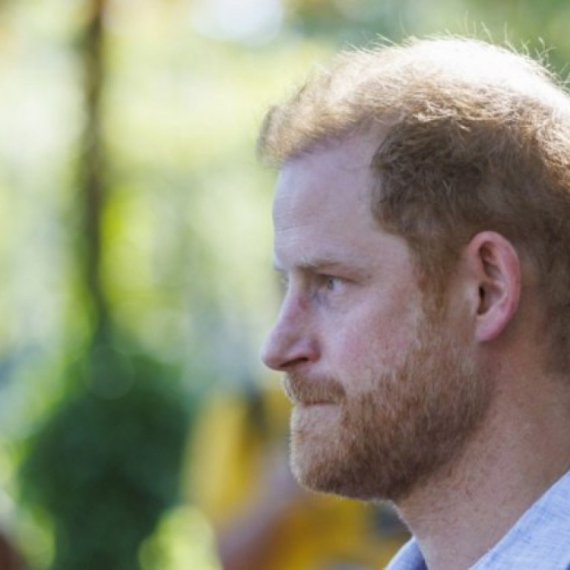






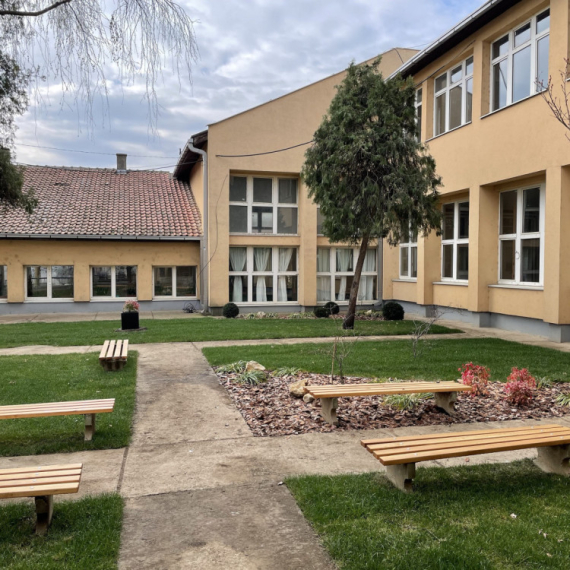





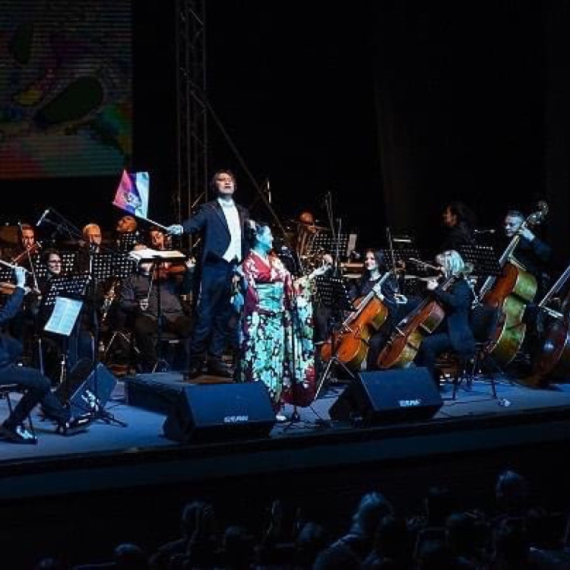








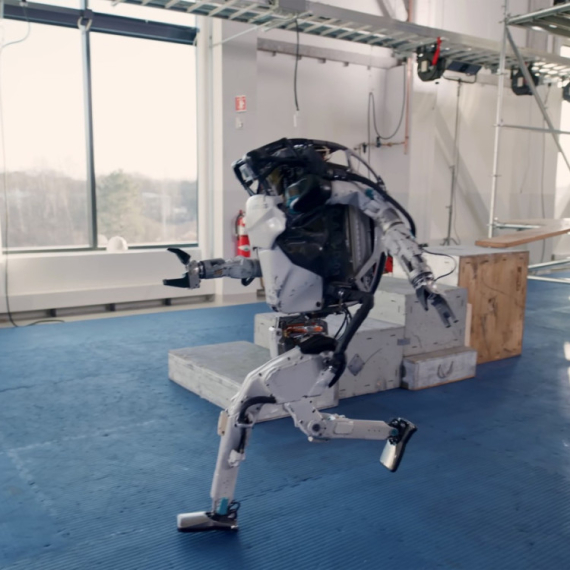






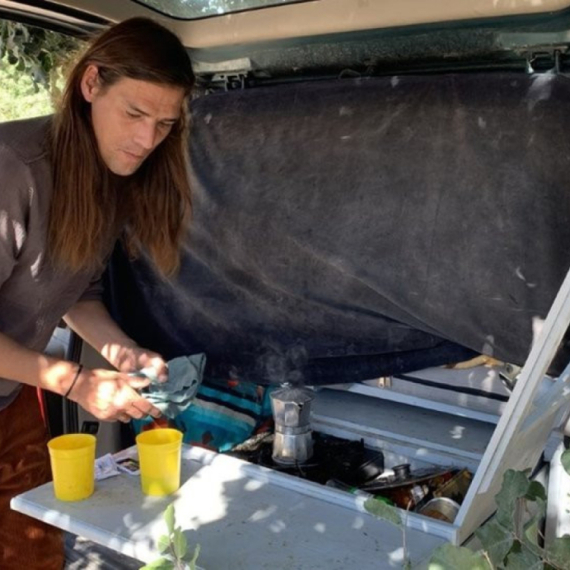
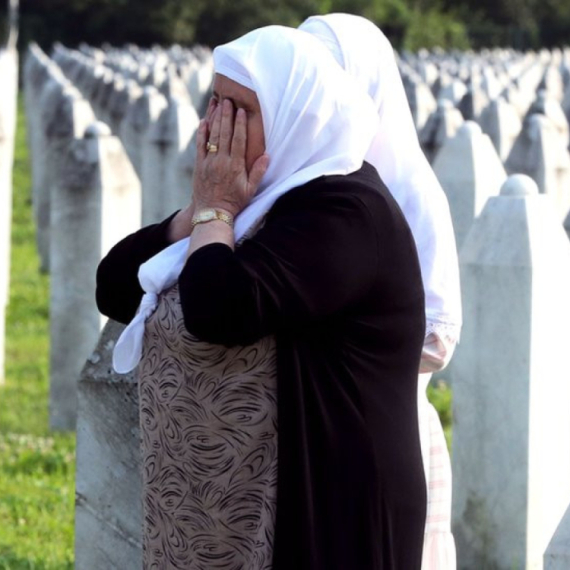
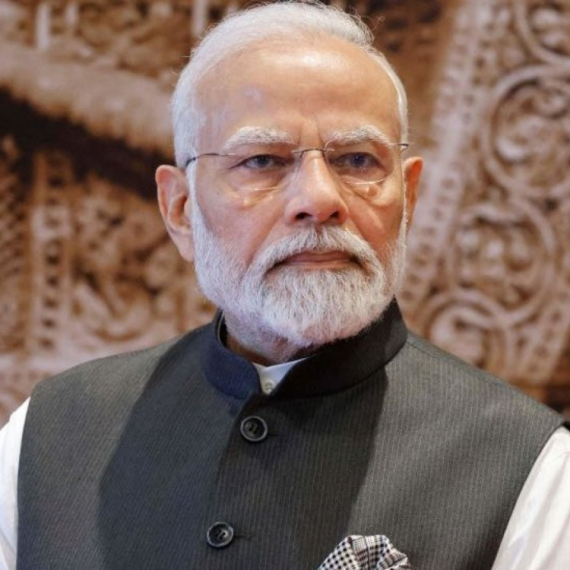
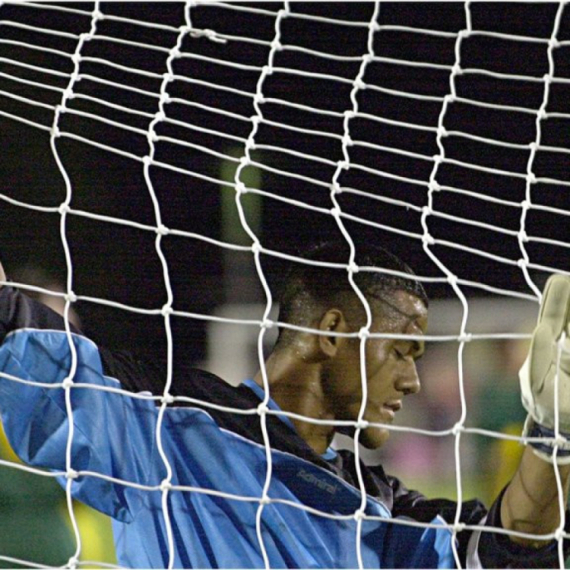
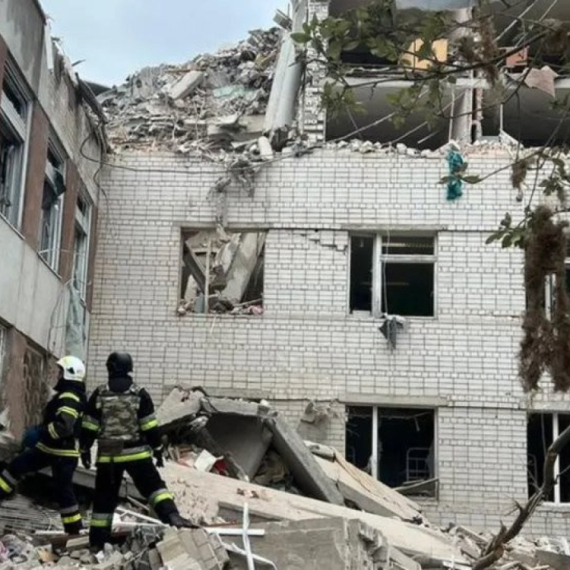

Komentari 9
Pogledaj komentare